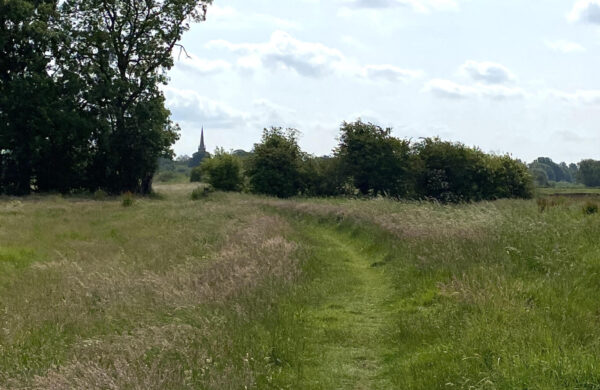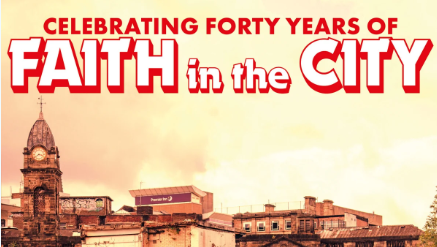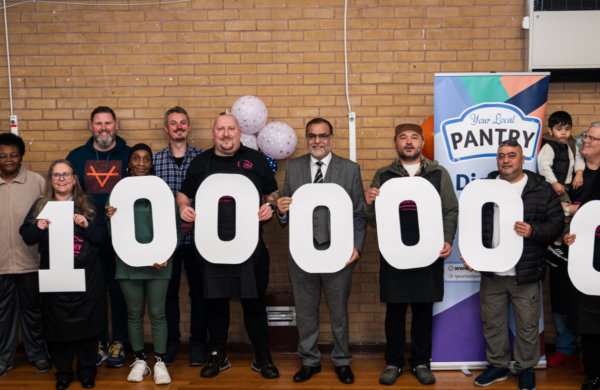Who is my neighbour?
A report from our 23 April online discussions on what it means to be church on the margins during the pandemic.
Who is my neighbour – a walkable parish
(reflection by Chris Lawrence in New York)
How are people staying connected/helping (low-tech)?
- Notes through doors, phone calls, WhatsApp groups where possible.
- Church leaflets/services/prayers through letterboxes
- URC church sending out letters (?)
- Toy, book and food boxes on streets
- Communities that had existing networks are managing to keep in touch with people, communities/churches that did not have contact details for people are struggling to reach people.
- Making masks and scrubs
- Pastoral ministry from home
- Safe contact, e.g. distanced conversations
- Shopping for people
- Street art, banners, chalk on pavements
Isolation – trigger for mental health problems
What will you do differently after this?
- Street party
- Affordable rent
- Eat and pray together (rule of life)
- Make the church a community hub
- Do church differently
- The church building does not matter, we need to be engaged in the community / change how we do church. … Being with people, being present where people are, was how Jesus worked.
- Responding to priorities will, in turn, re-shape the church.
- Were our ways of doing church before completely wrong?
- We need to do church differently, and plan for this now.
- Economics – the situation is going to be difficult after this.
- Racial justice – BME more affected by COVID 19
- Grassmarket church – developing friendship pantry.
- Would communities notice if the church left? Are churches integrated into communities?
- Will fractured communities be more whole after this?

Research and Information Officer
How should churches address rural poverty?
How is rural poverty changing, and how should churches, dioceses and Government respond? Paul Phillips explores the issue, and reports on his diocese’s work. In …
Faith In The City: why it still matters, 40 years on
In a new book, authors Terry Drummond and Joseph Forde revisit the landmark Faith In The City report, 40 years on. Faith in the City, …
Pantries reach 1 million visits – as new research proves they work
Community breakfast held to mark millionth visit New research shows Pantries improve people’s health, reduce worries and reunite communities Thank you for your amazing support! …
Grief is hard enough: it’s time to improve funeral support
Lindesay Mace from Quaker Social Action outlines their latest work to help people with funeral costs Bereavement can be a deeply challenging experience. In the …
New toolkit: Hosting a regional anti-poverty roundtable
Our new roundtable guide will help churches or dioceses to host productive regional events We’ve published a new resource for churches and dioceses who would …
Review: The Perils of Universal Credit
Ellie Malhotra reviews a new play, a much-needed wake-up call for change that restores power to voices that are too often ignored. Tucked away above …
How should churches address rural poverty?
How is rural poverty changing, and how should churches, dioceses and Government respond? Paul Phillips explores the issue, and reports …
Faith In The City: why it still matters, 40 years on
In a new book, authors Terry Drummond and Joseph Forde revisit the landmark Faith In The City report, 40 years …
Pantries reach 1 million visits – as new research proves they work
Community breakfast held to mark millionth visit New research shows Pantries improve people’s health, reduce worries and reunite communities Thank …



